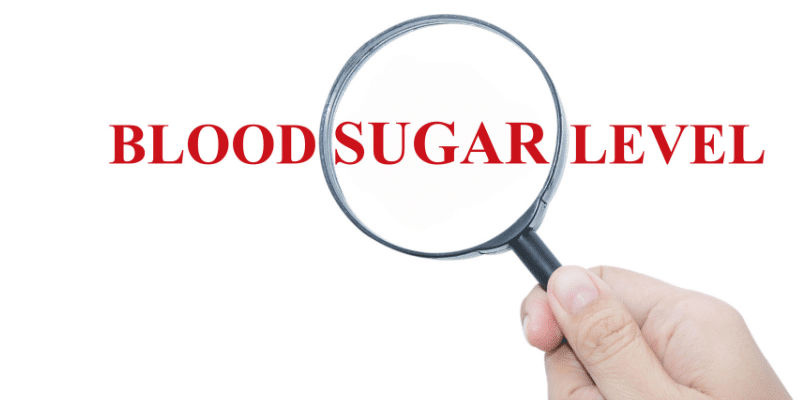FAQs: Frequently Asked Questions about Low Blood Sugar

What causes low blood sugar?
Low blood sugar, also known as hypoglycemia, can be caused by a variety of factors. Some common causes include taking too much insulin or diabetes medication, skipping or delaying meals, increasing physical activity without adjusting your meal plan or medication, or consuming alcohol. Medical conditions, such as hormonal imbalances or kidney disorders, can also cause low blood sugar.
How can I quickly raise my blood sugar levels if they are low?
If you experience low blood sugar, consume a source of fast-acting carbohydrates, such as fruit juice, regular soda, glucose gel, or hard candy. Aim for 15-20 grams of carbohydrates and recheck your blood sugar levels after 15 minutes. Repeat the process if necessary until your blood sugar levels return to normal.
How can I prevent low blood sugar episodes?
To prevent low blood sugar, maintain a regular eating schedule with balanced meals and snacks, monitor your blood sugar levels regularly, and adjust your insulin or diabetes medication as needed. If you have diabetes, work closely with your healthcare provider to develop a personalized blood sugar management plan that minimizes the risk of hypoglycemia.
How is low blood sugar treated in people with diabetes?
Treatment for low blood sugar in people with diabetes involves consuming a source of fast-acting carbohydrates to raise blood sugar levels quickly, followed by a longer-lasting carbohydrate source to maintain stable blood sugar levels. Additionally, it’s essential to adjust insulin or diabetes medication dosages and monitor blood sugar levels closely to prevent future episodes.
Can low blood sugar occur in people without diabetes?
Yes, low blood sugar can occur in people without diabetes, although it is less common. Non-diabetic hypoglycemia can be caused by factors such as fasting, certain medications, medical conditions, or excessive alcohol consumption. If you suspect you have low blood sugar and do not have diabetes, consult with your healthcare provider for proper evaluation and management.
When should I seek medical help for low blood sugar?
You should seek medical help for low blood sugar if you experience severe symptoms, such as seizures, loss of consciousness, or coma, or if your symptoms do not improve after consuming a source of carbohydrates. Additionally, if you experience recurrent episodes of low blood sugar, consult your healthcare provider to determine the underlying cause and develop a management plan.
Conclusion: Empower Yourself with Knowledge and Preparation
Understanding and recognizing the 15 warning signs of low blood sugar is crucial for effectively managing and preventing hypoglycemia. By staying vigilant and taking appropriate action when you notice any of these symptoms, you can minimize the risk of complications and maintain a healthy, active lifestyle. If you have diabetes or are at risk of developing low blood sugar, work closely with your healthcare provider to develop a personalized plan for managing your blood sugar levels.
Remember, knowledge is power, and by staying informed about the signs and symptoms of low blood sugar, you can take control of your health and minimize the impact of hypoglycemia on your daily life. Don’t hesitate to reach out to your healthcare provider with any concerns or questions, as they are there to support you in maintaining your well-being.